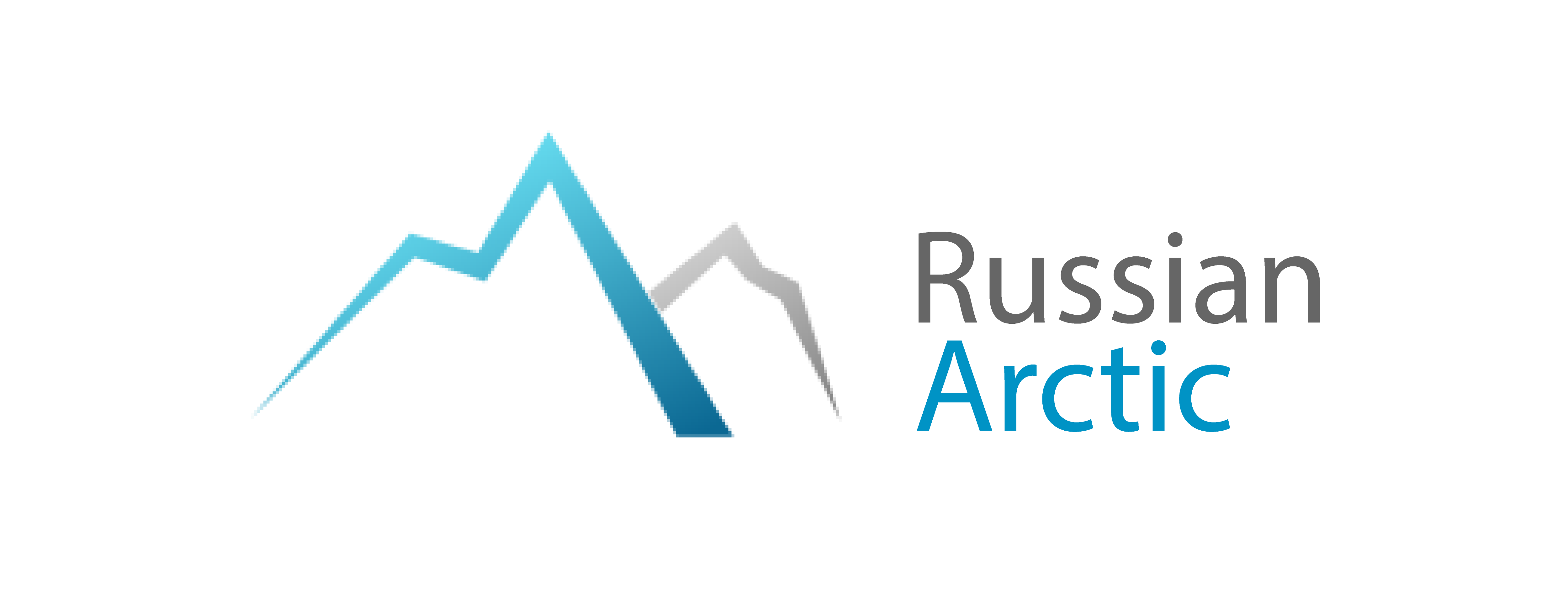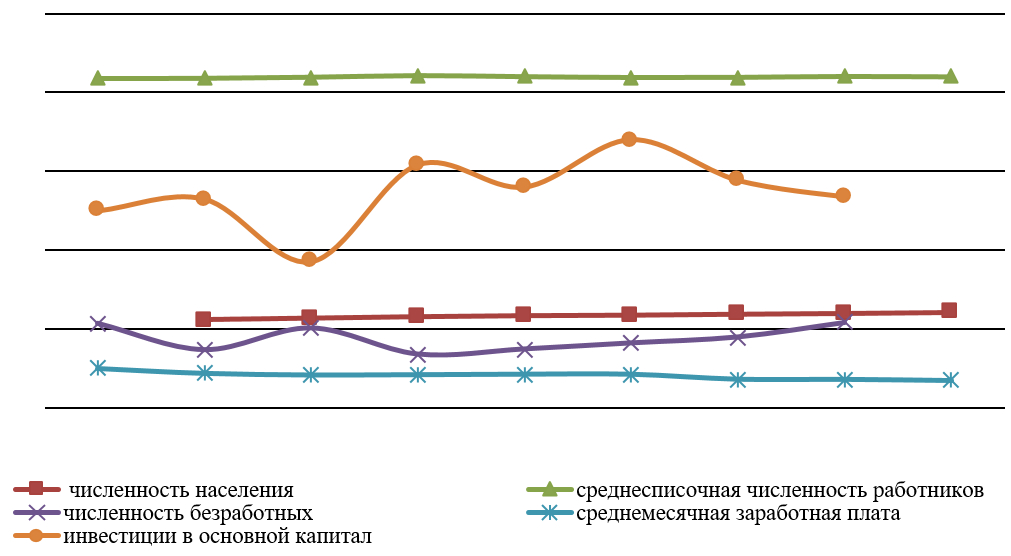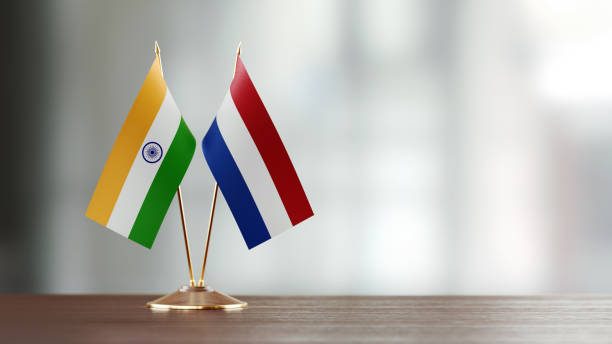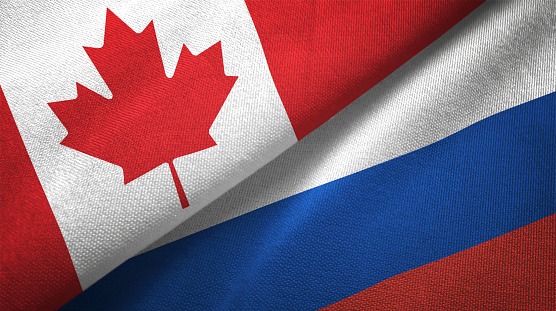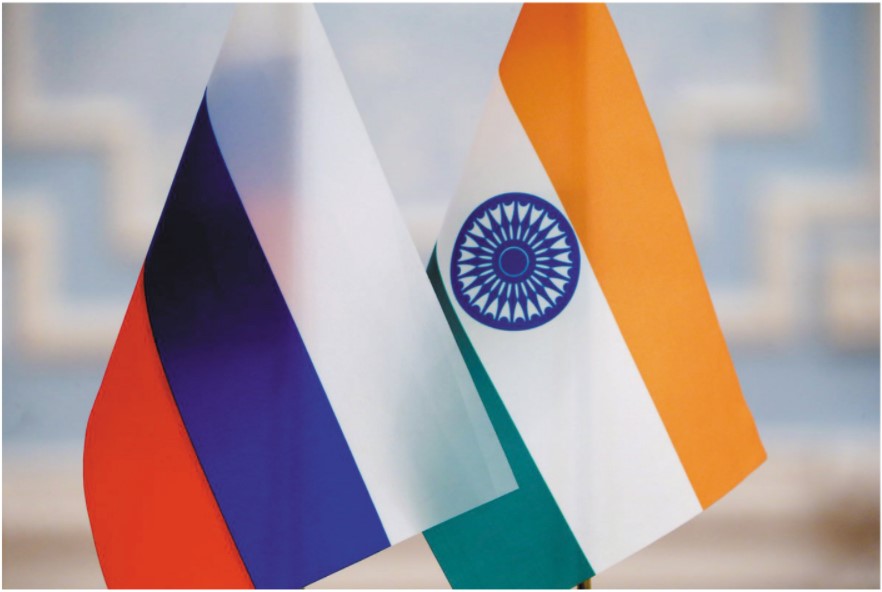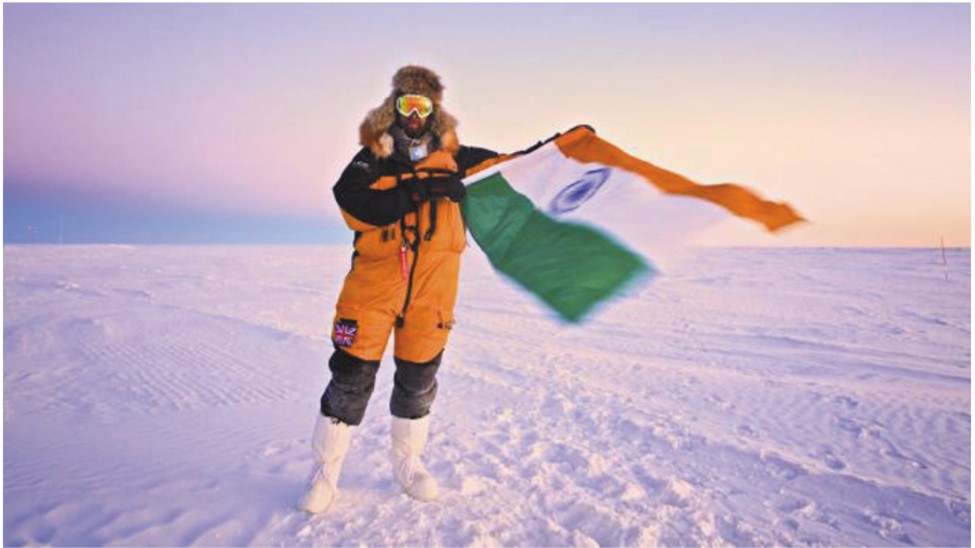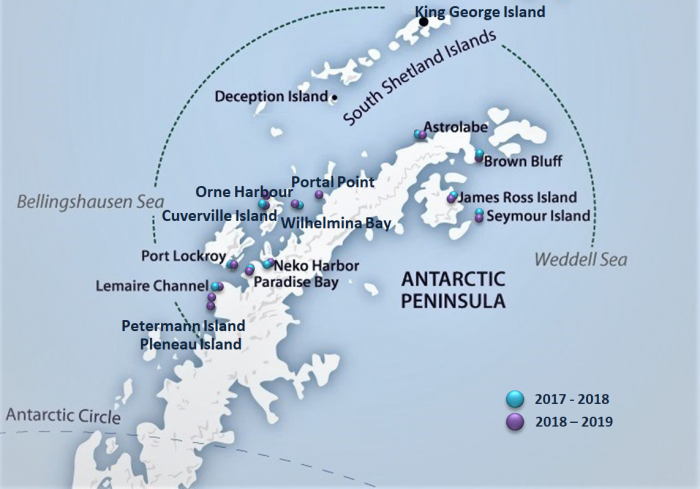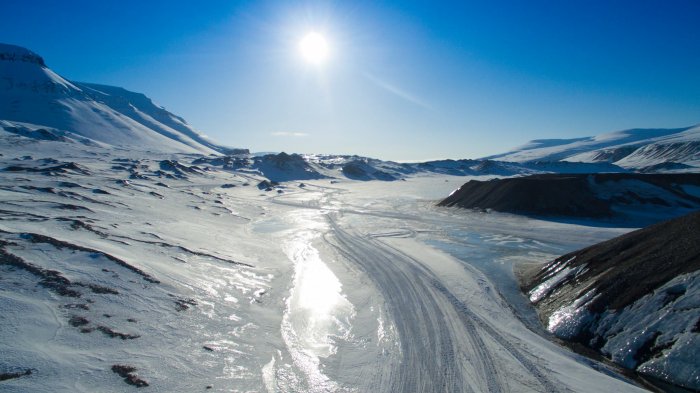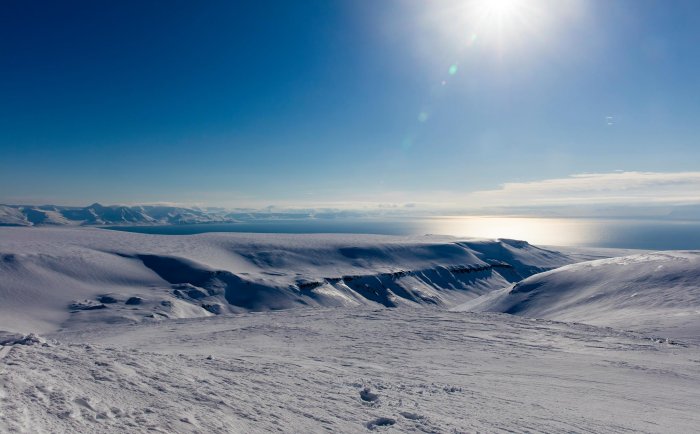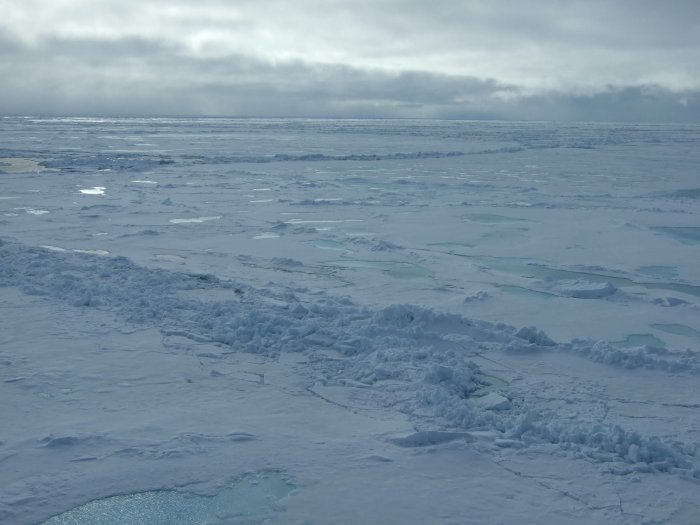The article studies the main interests of Switzerland in the Arctic. In 2017 Switzerland obtained the official status of observer to the Arctic Council and in recent years has been active in enhancing scientific cooperation with the Arctic states. The author analyses the reasons for the Swiss interest to the Arctic region, the work of the key institutions responsible for the arctic issues and gives his view on future cooperation between Switzerland and Russian in the Arctic.
Keywords: geopolitics, Switzerland, Russia, international relations, the Arctic region, the Arctic Council
The Swiss government explains country’s interest to the Far North by pointing to the problem of ice melting [1]. Indeed Switzerland scientists made a large contribution to the studying of climate change in the Arctic. Swiss state officials usually present their country as a “Vertical Arctic Nation”, referring to the similarities between alpine high-altitude zones and the climate of the polar region. In particular, the Ambassador of the Swiss Confederation in Russia, Yves Rossier [2], declared this.
One of the main reasons of Swiss activity in the Arctic is of economic nature. The scientific research conducted there provides data needed for better understanding the processes taking place in the Alps. Due to changes in climate the period of snow cover in the Swiss mountains is currently about 40% shorter than 50 years ago [3]. As a result, the tourist season in national ski resorts has been noticeably reduced, which leads to a decrease in financial revenues to the state budget. The Swiss believe that climate changes in the Alps and the melting of Arctic ice are interrelated and have the same origin.
Securing the status of an observer in the Arctic Council, Switzerland emphasized its scientific achievements. As the Swiss delegates noticed at 2016 Arctic Circle international conference, Switzerland engaged in polar research before it became a common academic practice. The best example is scientific expeditions to Greenland in 1909 and 1912-1913. Greenland remains a priority area for the Swiss researchers to this day. Recent studies focus on the impact of the island’s ice erosion on the local environment [4].
The leading role of promotion of the state interests in the Arctic belongs to the Swiss Polar Institute. The Institute was established in 2016 on the basis of Swiss Federal Institute of Technology in Lausanne. The Institute is the facilitator between state authorities and research institutions of Switzerland. The financial sponsor of the Institute is the Paulsen Publishing House, which promotes the topic of Arctic and Antarctic development among the Swiss society. The institute is officially supported by the State Secretariat for Education, Research and Innovation, which operates within the Federal Department of Economic Affairs, Education and Research [5]. Besides the Swiss Polar Institute, several other institutes conduct arctic research projects in Switzerland, for example, the WSL Institute for Snow and Avalanche Research SLF in Davos, the Paul Scherrer Institute, Swiss Federal Institute of Technology in Zurich, Swiss Federal Institute of Technology in Lausanne, Universities of Zurich, Bern, Geneva, etc.
Switzerland actively establishes contacts with the Arctic countries and engages them to collaboration in its research projects. For example, 2016 Swiss international scientific expedition to the Antarctic was carried out on the Russian vessel “Akademik Treshnikov” [6]. In July 2017, experts from Switzerland and Russia conducted joint research in the Arctic territories of the Russian Federation [7]. Currently Swiss scientists are planning to use Russian ships in several future arctic expeditions. It is important to mention that Russian Honorary Сonsul in Lausanne, a citizen of Sweden F. Paulsen makes a huge contribution into developing contacts between Swiss scientists and academic communities of the arctic states. In 2007 Paulsen partially financed the Russian Arctic-2007 expedition, during which the titanium flag of Russia was set at the bottom of the North Pole. He is also a founder of the Russian branch of the Paulsen publishing house, which co-finances the Swiss Polar Institute.
It is clear that Switzerland uses science as a diplomatic tool in Arctic affairs. Largely becoming an observer in the Arctic Council in 2017 is a merit of Swiss accomplishments in the Arctic research and the establishment of the Swiss Polar Institute. Being a member of the most influential international organization in the region gives multiple advantages to the Swiss. Even the observer status in the Arctic Council boosts pursuing of the national
interest of Switzerland in the Arctic. Furthermore, as Switzerland aspires to maintain a neutral status and the role of a reliable international mediator, the Arctic Council is an ideal platform for that. The organization protocol provides for the adoption of any decision by consensus. In the context of general growth of tensions in international relations, the ability to consolidate the arctic states is very positive for the organization. In this regard, Switzerland has a rich historical experience of maintaining pragmatism and coordinating the interests of various confessional, linguistic and ethnic groups within the country.
The fact that Russia is one of Switzerland’s main partners in the Arctic research projects could become the basis for mutually beneficial cooperation. Switzerland could be Russia’s ally in different areas, first of all, in the field of environmental protection. Traditionally Switzerland tends to operate an independent foreign policy (Switzerland is neither member of the European Union nor participant of the European Economic Area) and supports the decisions that respond to interests of most of the parts concerned.
References:
2. Emel’yanenko A. Ot Alp do Arktiki rykoi podat [From the Aples to the Artic at hand]. Rossiiskaya gazeta [The Russian magazine], 2017 (In Russian). Available at https://rg.ru/2017/03/29/pochemu-shvejcariia-podala-zaiavku-v-arkticheskij-sovet.html
3. A glorious winter, but the Alps face a warmer world – bringing huge change. The Guardian. - https://www.theguardian.com/environment/2013/mar/31/alps-skiing-climate-change
4. Swiss polar research. Pioneering spirit, passion and excellence - https://www.eda.admin.ch/dam/eda/en/documents/publications/Science/Schweizer_Polar forschung_EN.pdf
5. Swiss Polar Institute, Official website - https://polar.epfl.ch/page-134197-en.html
6. Emel’yanenko A. Vokrug Antarktidy na vseh yazikah [Around Antarctica in all languages]. Rossiiskaya gazeta [The Russian magazine], 2017 (In Russian). Available at https://rg.ru/2017/03/19/uchenye-30-stran-priniali-uchastie-v-unikalnoj-ekspedicii.html
7. Sayt zhurnala «Russkoe geograficheskoe obshestvo» [Site of Russian Geographical Society]. (In Russian) Available at https://www.rgo.ru/ru/article/proekt-arkticheskiy-plavuchiy-universitet-vyshel-na-novyy-etap(accessed 15.09.2018)
8. Switzerland and the Arctic Council: The New Kid on the Block. Over the Circle. -
https://overthecircle.com/2017/09/26/switzerland-and-the-arctic-council-the-new-kid-on-the-block/
